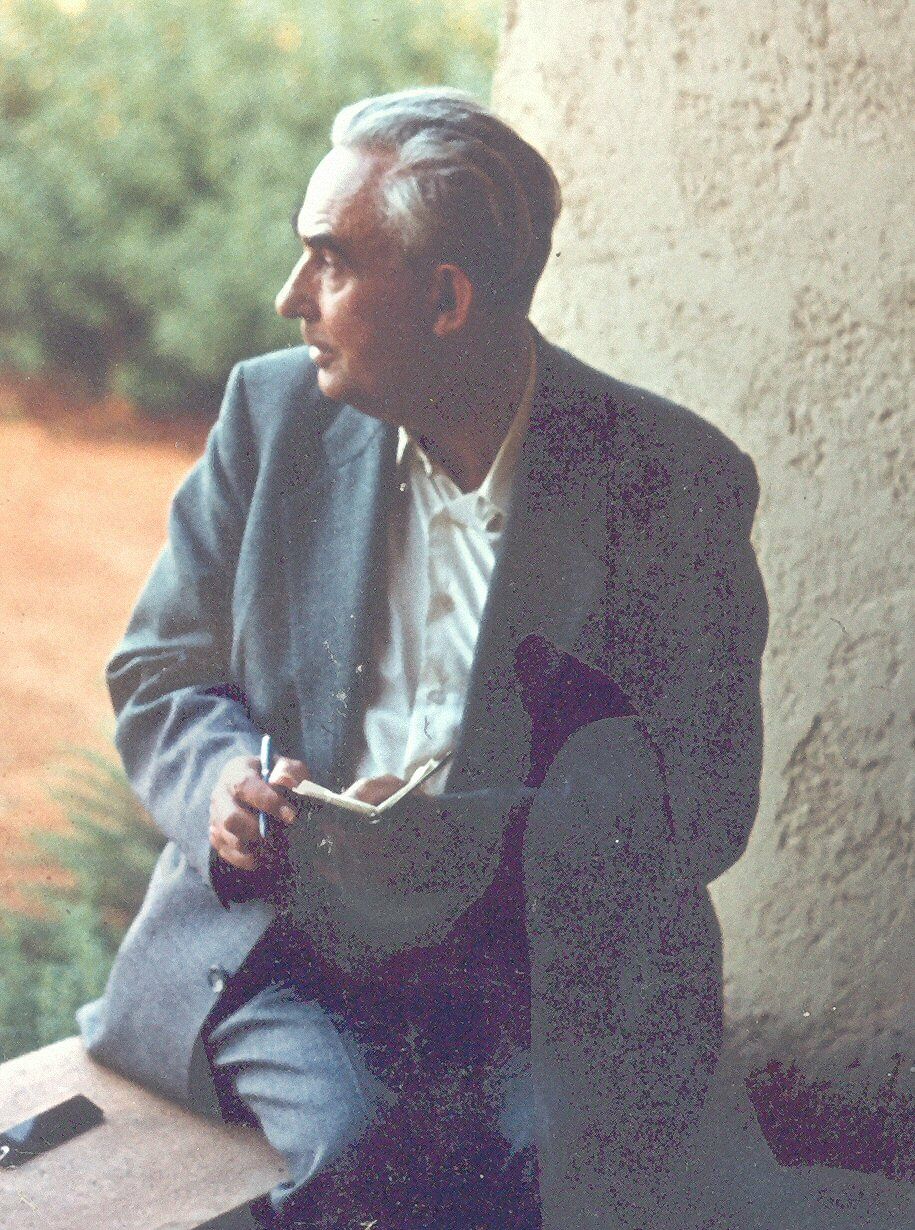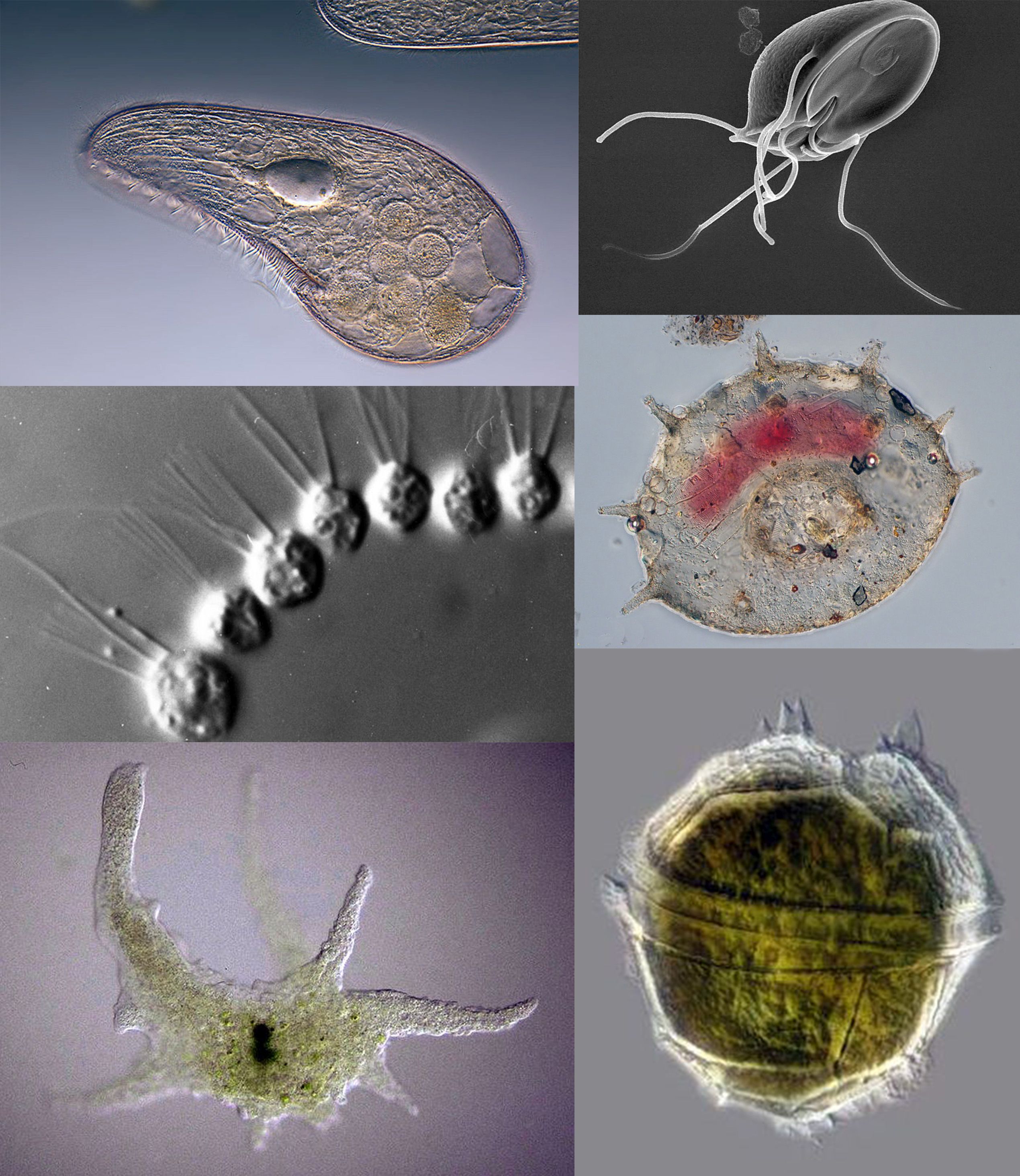|
Max Hartmann
Max Hartmann (7 June 1876 – 11 October 1962) was a German biologist, alluded to in the book ''Phylogenetic Systematics'' by Willi Hennig for his investigations into divisions of sciences, most notably into descriptive and explanatory. He was a philosopher of science and the author of ''Allgemeine Biology''. The publicly available abstract of an article in ''Nature'' Magazine (1946) presents him as a student of the sexuality and fertilization in Protozoa and Algae Algae ( , ; : alga ) are any of a large and diverse group of photosynthetic, eukaryotic organisms. The name is an informal term for a polyphyletic grouping that includes species from multiple distinct clades. Included organisms range from ...; that "he can look back upon a fine record of original research... His investigations of ‘relative sexuality’ hichhave led to very important biochemical studies of the substances produced and released by gametes and essential for fertilization in Algae, echinoderms, ... [...More Info...] [...Related Items...] OR: [Wikipedia] [Google] [Baidu] |
Willi Hennig
Emil Hans Willi Hennig (20 April 1913 – 5 November 1976) was a German biologist and zoologist who is considered the founder of phylogenetic systematics, otherwise known as cladistics. In 1945 as a prisoner of war, Hennig began work on his theory of cladistics, which he published in German in 1950, with a substantially revised English translation published in 1966. With his works on evolution and systematics he revolutionised the view of the natural order of beings. As a taxonomist, he specialised in dipterans (true flies). Hennig coined the key terms synapomorphy, symplesiomorphy, and paraphyly. He also asserted, in his "auxiliary principle", that "the presence of apomorphous characters in different species 'is always reason for suspecting kinship .e., that species belong to a monophyletic group and that their origin by convergence should not be presumed a priori' (Hennig, 1953). This was based on the conviction that 'phylogenetic systematics would lose all ground on which it ... [...More Info...] [...Related Items...] OR: [Wikipedia] [Google] [Baidu] |
University Of Tübingen Faculty
A university () is an institution of higher (or tertiary) education and research which awards academic degrees in several academic disciplines. ''University'' is derived from the Latin phrase ''universitas magistrorum et scholarium'', which roughly means "community of teachers and scholars". Universities typically offer both undergraduate and postgraduate programs. The first universities in Europe were established by Catholic Church monks. The University of Bologna (), Italy, which was founded in 1088, is the first university in the sense of: *being a high degree-awarding institute. *using the word ''universitas'' (which was coined at its foundation). *having independence from the ecclesiastic schools and issuing secular as well as non-secular degrees (with teaching conducted by both clergy and non-clergy): grammar, rhetoric, logic, theology, canon law, notarial law.Hunt Janin: "The university in medieval life, 1179–1499", McFarland, 2008, , p. 55f.de Ridder-Symoens ... [...More Info...] [...Related Items...] OR: [Wikipedia] [Google] [Baidu] |
Foreign Associates Of The National Academy Of Sciences
Foreign may refer to: Government * Foreign policy, how a country interacts with other countries * Ministry of Foreign Affairs, in many countries ** Foreign Office, a department of the UK government ** Foreign office and foreign minister * United States state law, a legal matter in another state Science and technology * Foreign accent syndrome, a side effect of severe brain injury * Foreign key A foreign key is a set of attributes in a table that refers to the primary key of another table. The foreign key links these two tables. Another way to put it: In the context of relational databases, a foreign key is a set of attributes subject to ..., a constraint in a relational database Arts and entertainment * Foreign film or world cinema, films and film industries of non-English-speaking countries * Foreign music or world music * Foreign literature or world literature * '' Foreign Policy'', a magazine Music * "Foreign", a song by Jessica Mauboy from her 2010 album '' Get 'Em ... [...More Info...] [...Related Items...] OR: [Wikipedia] [Google] [Baidu] |
Members Of The Bavarian Academy Of Sciences
Member may refer to: * Military jury, referred to as "Members" in military jargon * Element (mathematics), an object that belongs to a mathematical set * In object-oriented programming, a member of a class ** Field (computer science), entries in a database ** Member variable, a variable that is associated with a specific object * Limb (anatomy), an appendage of the human or animal body ** Euphemism for penis * Structural component of a truss, connected by nodes * User (computing), a person making use of a computing service, especially on the Internet * Member (geology), a component of a geological formation * Member of parliament * The Members, a British punk rock band * Meronymy, a semantic relationship in linguistics * Church membership, belonging to a local Christian congregation, a Christian denomination and the universal Church * Member, a participant in a club or learned society A learned society (; also learned academy, scholarly society, or academic association) is ... [...More Info...] [...Related Items...] OR: [Wikipedia] [Google] [Baidu] |
Members Of The Royal Netherlands Academy Of Arts And Sciences
The Royal Netherlands Academy of Arts and Sciences ( Dutch: ''Koninklijke Nederlandse Akademie van Wetenschappen'', abbreviated: KNAW) is an organization dedicated to the advancement of science and literature in the Netherlands. The academy is housed in the Trippenhuis in Amsterdam. Founded in 1808, members are appointed for life by co-optation. Lists of members sorted alphabetically * Members of the Royal Netherlands Academy of Arts and Sciences (A) * Members of the Royal Netherlands Academy of Arts and Sciences (B) * Members of the Royal Netherlands Academy of Arts and Sciences (C) * Members of the Royal Netherlands Academy of Arts and Sciences (D) * Members of the Royal Netherlands Academy of Arts and Sciences (E) * Members of the Royal Netherlands Academy of Arts and Sciences (F) * Members of the Royal Netherlands Academy of Arts and Sciences (G) * Members of the Royal Netherlands Academy of Arts and Sciences (H) * Members of the Royal Netherlands Academy of Arts and Sciences (I) ... [...More Info...] [...Related Items...] OR: [Wikipedia] [Google] [Baidu] |
Humboldt University Of Berlin Faculty
Humboldt may refer to: People * Alexander von Humboldt, German natural scientist, brother of Wilhelm von Humboldt * Wilhelm von Humboldt, German linguist, philosopher, and diplomat, brother of Alexander von Humboldt Fictional characters * Humboldt Fleisher, character in novel '' Humboldt's Gift'' * Wes Humboldt, character played by Mike O’Brien on '' Corner Gas'' Places Australia * Humboldt, Queensland, a locality in the Central Highlands Region Canada * Humboldt, Saskatchewan * Rural Municipality of Humboldt No. 370, Saskatchewan * Humboldt (electoral district), a former federal electoral district * Humboldt (provincial electoral district), a former Saskatchewan provincial electoral district United States * Settled places: ** Dewey-Humboldt, Arizona ** Humboldt, Illinois ** Humboldt, Iowa ** Humboldt, Kansas ** Humboldt, Minnesota ** Humboldt, Nebraska ** Humboldt, Ohio ** Humboldt, Portland, Oregon ** Humboldt, Pennsylvania ** Humboldt, South Dakota * ... [...More Info...] [...Related Items...] OR: [Wikipedia] [Google] [Baidu] |
Protozoa
Protozoa (singular: protozoan or protozoon; alternative plural: protozoans) are a group of single-celled eukaryotes, either free-living or parasitic, that feed on organic matter such as other microorganisms or organic tissues and debris. Historically, protozoans were regarded as "one-celled animals", because they often possess animal-like behaviours, such as motility and predation, and lack a cell wall, as found in plants and many algae. When first introduced by Georg Goldfuss (originally spelled Goldfuß) in 1818, the taxon Protozoa was erected as a class within the Animalia, with the word 'protozoa' meaning "first animals". In later classification schemes it was elevated to a variety of higher ranks, including phylum, subkingdom and kingdom, and sometimes included within Protoctista or Protista. The approach of classifying Protozoa within the context of Animalia was widespread in the 19th and early 20th century, but not universal. By the 1970s, it became usual to require ... [...More Info...] [...Related Items...] OR: [Wikipedia] [Google] [Baidu] |
Natural Philosophers
Natural philosophy or philosophy of nature (from Latin ''philosophia naturalis'') is the philosophical study of physics, that is, nature and the physical universe. It was dominant before the development of modern science. From the ancient world (at least since Aristotle) until the 19th century, ''natural philosophy'' was the common term for the study of physics (nature), a broad term that included botany, zoology, anthropology, and chemistry as well as what we now call physics. It was in the 19th century that the concept of science received its modern shape, with different subjects within science emerging, such as astronomy, biology, and physics. Institutions and communities devoted to science were founded. Isaac Newton's book ''Philosophiæ Naturalis Principia Mathematica'' (1687) (English: ''Mathematical Principles of Natural Philosophy'') reflects the use of the term ''natural philosophy'' in the 17th century. Even in the 19th century, the work that helped define much of mo ... [...More Info...] [...Related Items...] OR: [Wikipedia] [Google] [Baidu] |

